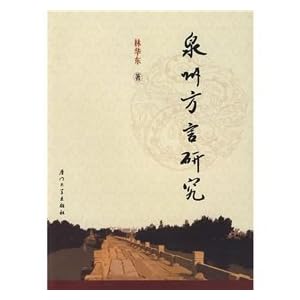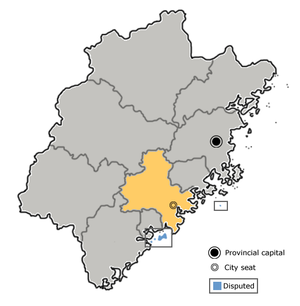Given that there are more than a million citizens of Fujian origin (as mentioned in Oriental Daily), gaining support from Fujianeses is essential for politicians. The following news report pointed out how influential Fujianeses are in the Eastern District. (from 1:44)
Who would pop up in your mind when it comes to famous Fujianese in Hong Kong? I guess
Choy So-yuk is a possible answer. Choy , who was born in Jinjiang, Fujian, was a Member of Legislative Council as the representative for Hong Kong Island constituency from 2000 to 2008. Currently, she is an elected member of Eastern District Council(Eastern district is largely populated with Fujianeses). She has so many Fujianese supporters that the press jokingly said that she was the spokesperson of Fujianese.Choy demostrated how to gain support from them. In the following clip. In her election campaign four years ago, she urged people to vote for her in Hokkien. The use of Hokkien reinforced her identidy as a Fujianese. By doing so, she affliated with other Fujianeses in Hong Kong
.
Who would pop up in your mind when it comes to famous Fujianese in Hong Kong? I guess
Choy So-yuk is a possible answer. Choy , who was born in Jinjiang, Fujian, was a Member of Legislative Council as the representative for Hong Kong Island constituency from 2000 to 2008. Currently, she is an elected member of Eastern District Council(Eastern district is largely populated with Fujianeses). She has so many Fujianese supporters that the press jokingly said that she was the spokesperson of Fujianese.Choy demostrated how to gain support from them. In the following clip. In her election campaign four years ago, she urged people to vote for her in Hokkien. The use of Hokkien reinforced her identidy as a Fujianese. By doing so, she affliated with other Fujianeses in Hong Kong
.






